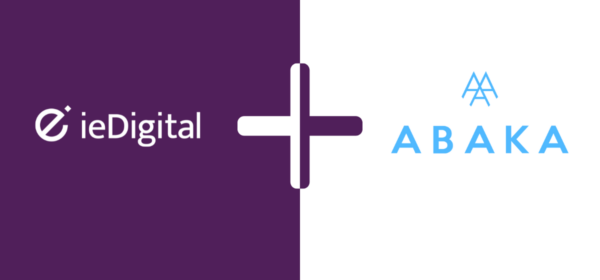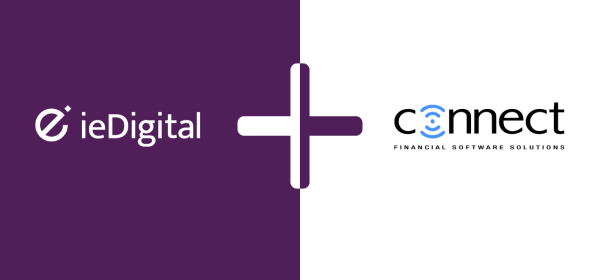Until recently, it wasn’t uncommon for a car dealer to fax off a car finance application for approval. Over the past decade, despite much disruption in Financial Services, and more recently Insurance, one part of the industry that has remained largely untouched by digital is Motor Finance. Even today, our research indicates that just a quarter of players within the retail motor finance industry have begun digitising the application process.
Despite this, motor finance remains a bastion of the UK finance sector with 85.5% of new cars having some form of finance against them and 2.3 million finance agreements being underwritten each year. It is also a growing market. Last year there was a 14% year-on-year growth in the volume, and 20% in the value, of new car finance.
Customer Demand
While the market appears to be booming, consumers expect more. Almost a quarter (73%) of consumers say that they would be more likely to buy finance when they undertake their research online, while 71% want to begin the finance process online, saving them time when they are in the dealership.
New Entrants
While traditional operators in the motor industry may have been slow off the mark in adopting new technologies to improve the customer experience, that doesn’t mean the industry is totally devoid of innovation.
In recent years, we’ve seen new players entering the market with contemporary, digital orientated offerings. For example, Car Wow, who focus on the new car market, have created a platform whereby customers can upload details of the car and model they are interested in and then dealers bid for the business. This has created a situation where dealers are competing with one another for sales, ensuring the customer secures the best price, historically a major headache for those looking to purchase a new car.
With buying a car the most popular reason to take out a loan, peer-to-peer (P2P) lending network Zopa recently moved into the vehicle finance market with Car ReFi. Car ReFi enables people to refinance their loan at a lower price – an attractive proposition for any consumer.
Carvana is another interesting disruptor. Based in the US, it focuses on the used car market. The business purchases second-hand cars, reconditions them and then sells them on with finance. Consumers have the option to have the car delivered to their home or pick it up from a five storey, fully automated car vending machine.
Internet of Things
The sophistication and connectedness of vehicles – everything from vehicle usage, actual mileage, fuel consumption, location, driver behaviour and service history is already tracked and monitored to some degree.
A connected car allows the car finance provider to offer their customer a more relevant service and keep in touch. Imagine the connected car sharing the number of miles a customer has driven and service history. A flexible loan agreement could then inform the customer the financial implications of their usage patterns and adjust their monthly payments accordingly, minimising any additional payments due at the end of the loan term.
The Sharing Economy
Motor giant Geely, which owns Volvo, is adopting a totally new approach to car ownership. The company is set to release a new car in 2018, the Lynk & Co and unlike current personal leasing monthly plans, drivers will not be locked into lengthy contracts when they purchase this new model. Instead, they will be able to specify what sort of deal they want – options will range from ‘subscription’ to a ‘sharing-membership’. A share button linked to an app allows the vehicle’s keeper to send special coded messages to other people’s mobile phones – turning the recipient’s device into a secure ‘shareable digital key’ allowing them to get into the locked car, fire up the engine and drive away.
While momentum around digital technology is now building, some of the traditional powerhouses of the motor industry, such as Toyota (a client of Intelligent Environments), are now channelling significant investment into digital financial platforms.
Such initiatives are long overdue and in the next couple of years I’d expect to see a surge in the number of vehicle finance providers investing in motor finance software, creating the foundations for an era where cars are managed at the simple touch of a screen.














